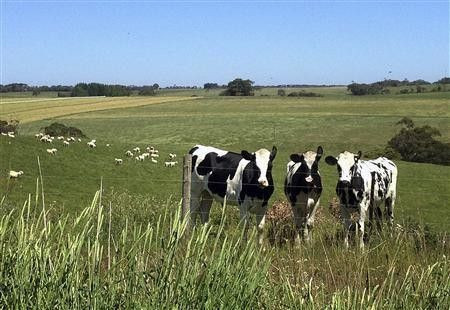Science Council Proposes New Set of Research Priorities

The newly established Commonwealth Science Council strongly upholds the call for prioritisation and focus of Australia's investment in science and research. The Council recommends a new list of research priorities which is more strategic and has more effect on the commonwealth's research and development expenditure profile. Further consultations on the proposals will be administered by Australia's chief scientist, Professor Ian Chubb, with the assistance of the National Science, Technology and Research Committee (NSTRC). The chief scientist has drafted the recommendations in accordance with the Industry Innovation and Competitiveness Agenda, an action plan that aims to promote Australia's competitiveness.
The proposed priorities will integrate Australia's expertise in research with the industrial sector's strengths, public interest, and international advancements. Chubb stated that a proportion of the budgetary allocation for science, research and technology amounting to A$9.2 billion (US$7.5 billion) will be focused on these priorities. The rest will be allotted for research in the humanities, arts and the social sciences. The planned areas for research are food, soil and water, transport, cybersecurity, energy and resources, manufacturing, environmental change and health.
Australia's research priorities was narrowed down to a smaller set unlike in the past decade where there were more than 20 broader fields. This time, the council aims to focus national efforts and spending on more prolific research. The chief scientist studied elements of international models to come up with a new approach and to identify the main societal concerns. Researchers, government representatives and the business sector will have a meeting in early 2015 to determine the corresponding practical challenges anticipated in conducting research plans. Results from the consultation will be endorsed to the Science Council, which will convene twice a year.
Universities Australia have expressed support and promotion of the new research priorities. Chief Executive Belinda Robinson stated that Australia's performance in research is as promising as other similar countries around the world, but there is a need to focus on how that research translates into benefits for the broader economy and community. In October, the government has announced its $12 million investment in science, technology, engineering and mathematics (STEM) education.
To contact the writer, email: jm_panganiban@ibtimes.com.au





















